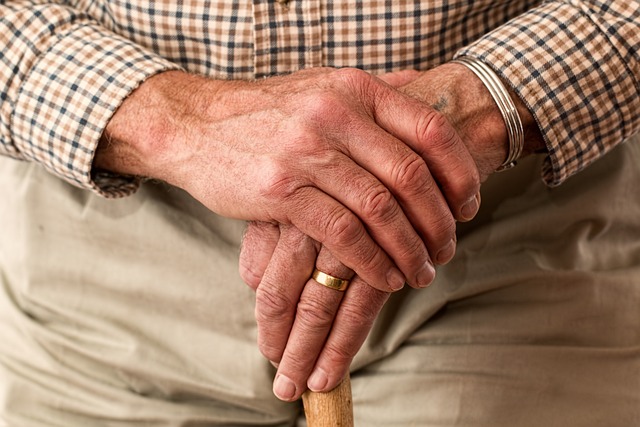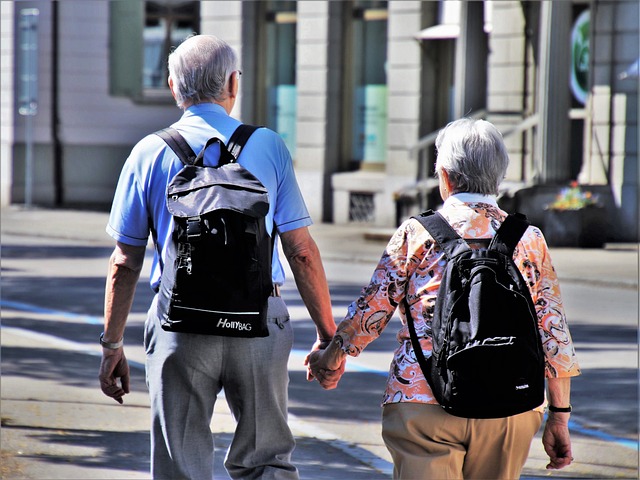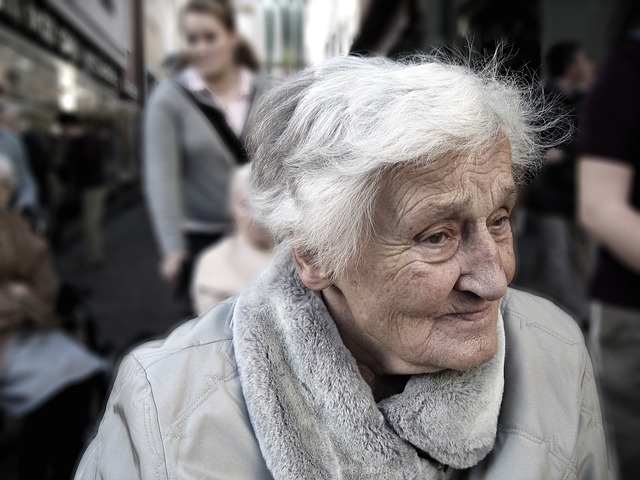Elderly Companion Services have evolved with technology to help seniors manage their medications more effectively. These services now feature advanced reminder systems and user-friendly digital tools tailored for the elderly, delivering alerts through devices like smartphones and tablets to ensure consistent medication intake. This tech-driven approach reduces the risk of missed doses, supporting better health outcomes and greater independence for seniors. Additionally, these services are supported by trained professionals who help with setup and monitoring, providing reassurance to both seniors and their families. The integration of cloud-based platforms allows for remote monitoring by caregivers and healthcare providers, keeping track of medication schedules and health records in a secure manner. This real-time monitoring, coupled with responsive support, represents a transformative approach to eldercare, significantly enhancing the quality of life for older adults through attentive and adaptive technology-driven companion services.
Navigating the complexities of medication management can be a challenge for seniors, often necessitating reliable support systems. This article explores the critical role that technology and companion services play in enhancing medication adherence among the elderly. We delve into how personalized reminder systems tailored to individual needs can significantly improve health outcomes. By examining the integration of technology within elderly companion services, we highlight innovative approaches to ensuring seniors take their medications as prescribed. This comprehensive analysis underscores the importance of these services in sustaining the well-being and independence of older adults.
- Leveraging Technology for Medication Adherence in Elderly Companion Services
- The Role of Personalized Reminder Systems in Senior Health Care
- Enhancing Elderly Well-being through Comprehensive Medication Management and Companion Services
Leveraging Technology for Medication Adherence in Elderly Companion Services

In recent years, elderly companion services have increasingly integrated technology to enhance medication adherence among seniors, addressing a common challenge faced by this demographic. These services leverage advanced reminder systems and digital medication management tools, which are tailored to accommodate the unique needs of older adults. By providing timely alerts via smartphones, tablets, or specialized devices with clear visual and auditory cues, these technologies help ensure that medications are taken as prescribed. The convenience and accessibility of these reminders can significantly reduce the risk of missed doses, which is crucial for maintaining therapeutic outcomes and preventing adverse health events. Moreover, companion services often include trained professionals who can assist with setting up and monitoring these systems, providing additional peace of mind for both seniors and their families. This personalized approach to medication management not only promotes better health outcomes but also empowers elderly individuals to live more independently within their communities.
The integration of technology in elderly companion services is a multifaceted endeavor that extends beyond simple reminder systems. These services often employ cloud-based platforms where caregivers and healthcare providers can monitor medication adherence remotely, offering a safety net for seniors living alone or those with mobility challenges. Furthermore, these platforms can store medication schedules and health records securely, facilitating seamless communication among all parties involved in the senior’s care. This level of connectivity ensures that any discrepancies or changes in a patient’s condition can be swiftly addressed, further optimizing the elderly’s healthcare experience. The adoption of these technologies is not only an innovation in care delivery but also a commitment to improving the quality of life for seniors through attentive and responsive companion services.
The Role of Personalized Reminder Systems in Senior Health Care

Personalized medication reminder systems play a pivotal role in maintaining the health and well-being of seniors, ensuring they adhere to their prescribed treatment plans. These systems are tailored to individual schedules and preferences, offering auditory or visual cues that align with the specific regimen required for each patient’s unique health needs. The integration of these systems into elderly companion services enhances the support provided to seniors who live independently or in assisted living facilities. It allows for real-time monitoring and intervention if a dose is missed, thereby reducing the risk of medication errors and potentially serious health complications. Moreover, the use of technology in these reminder systems can be particularly beneficial for those with cognitive impairments, as it provides a consistent and reliable method for medication management that can be easily understood and followed. These personalized solutions are not only instrumental in promoting health but also in fostering independence among seniors, thereby improving their quality of life.
Enhancing Elderly Well-being through Comprehensive Medication Management and Companion Services

The complexities of medication management can pose significant challenges for seniors, often leading to missed doses or unintended overuse. Enhancing elderly well-being through comprehensive medication management is a critical aspect of maintaining their health and independence. Advanced medication reminder systems, designed with the elderly in mind, provide timely alerts for medication intake, ensuring adherence to prescribed treatment plans. These systems often integrate with companion services, offering not just a technological solution but also a personal touch. Elderly companion services go beyond mere reminders; they encompass a holistic approach that includes emotional support and assistance with daily activities, fostering a safer and more comfortable living environment for seniors. The combination of medication management technology and compassionate companion services ensures that seniors receive the care they need, when they need it, thereby reducing the risk of adverse drug interactions and improving overall health outcomes. By addressing both the physical and emotional aspects of healthcare, these services contribute to a higher quality of life for the elderly population.
In conclusion, the integration of technology in elderly companion services has significantly bolstered medication adherence among seniors. Personalized reminder systems tailored to individual health care needs have proven instrumental in enhancing well-being and ensuring the safe and effective management of medications. These advancements underscore a commendable evolution in senior healthcare, where companion services are not merely about companionship but also about delivering robust support for critical daily tasks. As these technologies become more accessible, they promise to further empower seniors to lead healthier and more autonomous lives. It is clear that the role of technology in elderly companion services is indispensable, paving the way for a future where age-related challenges are met with innovative solutions that prioritize the dignity and independence of our aging population.
